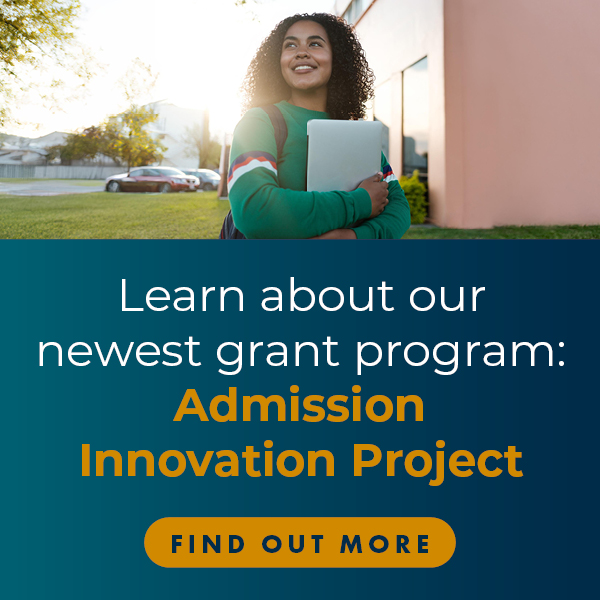Since launching our grantmaking activities in 2014, we have awarded over $26.4 million in support of our research priorities: access, affordability, and the value of legal education.
Awarded Grants
Grant Program
Grant Status
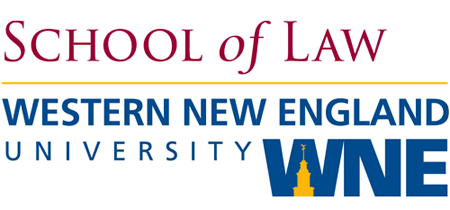
Western New England University School of Law
Grant title: Bar Exam Stipend and Training Program (“The BEST Program”)
The Bar Exam Stipend and Training Program (BEST) is an intensive 10-week preparation program that will equip students with a customized study plan, an accountability coach, practice tests, wellness check-ins, and a weekly stipend leading up to the bar exam.

The NALP Foundation for Law Career Research and Education
The project proposes AccessLex fund 10 law schools' participation in The NALP Foundation and NALP’s U.S. Law School Alumni Employment and Satisfaction Study, for a three-year period: 6 HBCU law schools and 4 other new law schools with significant populations of under-represented groups. The additional data from these schools’ alumni will enhance the study’s inclusivity, providing important new insights for the profession, and the new participating schools with actionable data and benchmarking.

State Bar of California
The State Bar seeks to understand the impact of exam modality, open book, and testing time on the test-taking population, focusing on whether any of these exam features have an adverse or positive impact on subpopulations. Specifically tested will be: 1) the amount of time allocated for the performance test; 2) possible variances of an open-book option; and 3) to assess combinations of exam material and test-taking in online vs hard copy formats.

University of New Hampshire Franklin Pierce School of Law
The Preliminary Bar (Prelim) Tool-Kit at the University of New Hampshire (UNH) Franklin Pierce School of Law administers a miniature version of the Uniform Bar Exam (UBE) to students while they are still in school. Student results on the Prelim can then be used to inform students' personal trajectories of study and make cohort-level programming decisions to promote bar readiness, as opposed to the conventional approach where students turn to bar exam prep in earnest only after they graduate-- at which point, it is too late for the law school to be the strongest possible resource for these students.
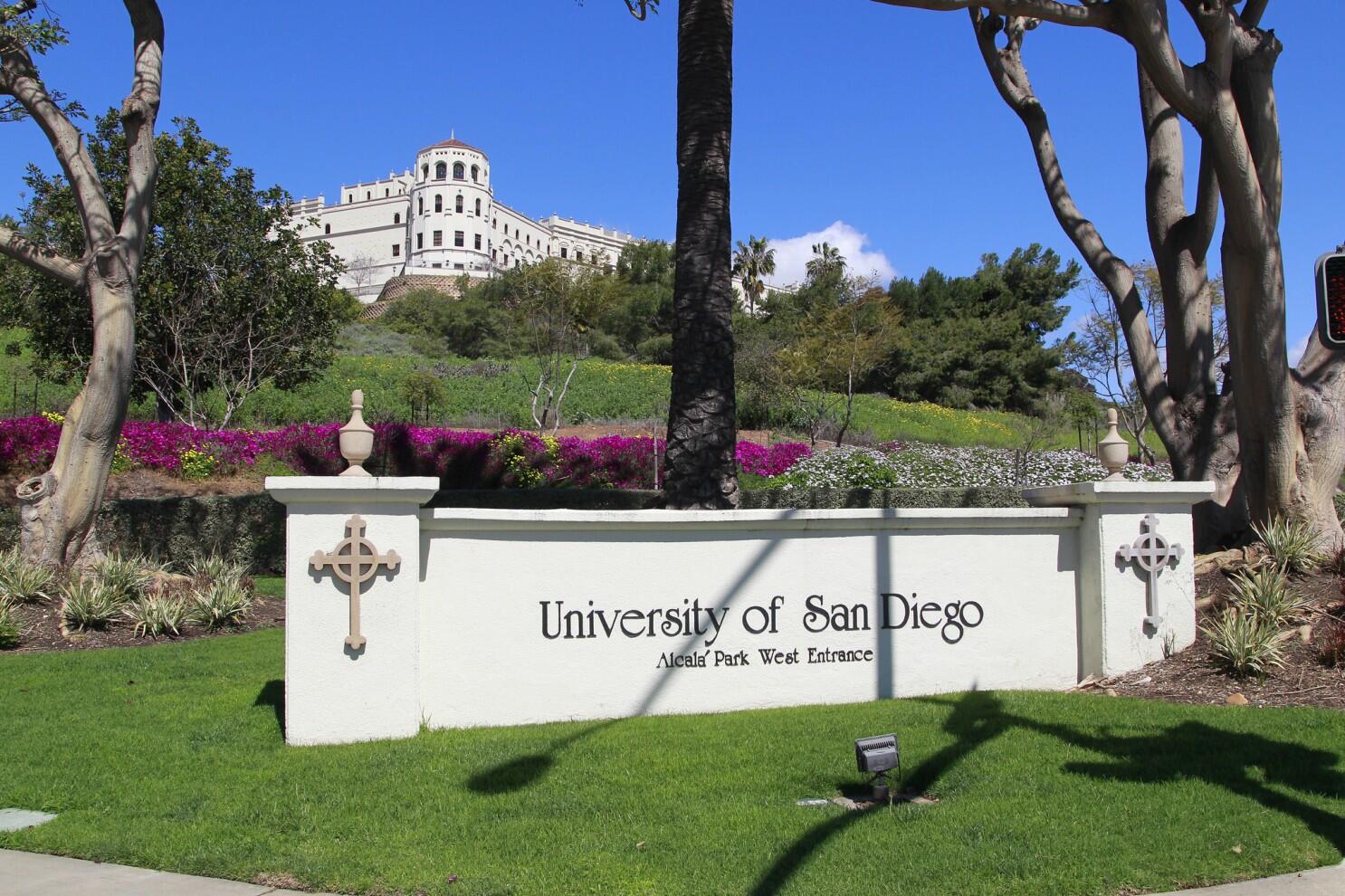
University of San Diego
The primary goal of this project is to increase access to the practice of law in California by bridging the gap between admission to law school and passing the bar exam. Phase I of the project will identify potential interventions through a combination of statistical analysis and by gaining input from stakeholders. Phase II will involve the implementation of at least two interventions identified in Phase I.
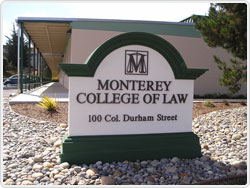
Monterey College of Law
This study will be the first of its kind to compile and analyze empirical data from regulatory agencies (state and national bar associations), industry trade groups (malpractice insurers), and other published academic and professional research. The primary objective is to inform national and state policy decisions through an empirical analysis of the relationship between a minimum bar exam passing score (“cut score”) and minimum competency, public protection, and disparate impact. This is a companion study to the AccessLex Institute supported California Attorney Practice Analysis (CAPA).
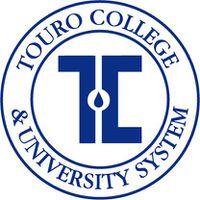
Touro College
The study seeks to explore whether remediation of reading disfluency at the law school level will have a positive impact on reading comprehension ability – particularly in “at risk” students. For purposes of this study, the definition of “at risk” students are students with weak LSAT scores. This project builds on their 2017 empirical study examining a possible link between oral reading disfluency and reading comprehension ability in first-year law students.

Elon University School of Law
The project will assess interventions aimed at improving student success and first-time bar passage through a two-phase project funded by AccessLex. The data collected and reported to AccessLex through this grant project will help determine the impact and success of interventions in overcoming barriers to student success and first-time bar exam passage.

The Law College Association of the University of Arizona
This grant will measure the outcomes of students in the BA Law program and compare those outcomes to students in other fields at the University of Arizona through surveys and archival data to document students’ success in their programs, career aspirations, preparedness for continuing higher education, and sources of information and advice. Results will be used to better understand what, if anything, is valuable and distinctive about the BA Law experience as a preparation for the JD, as well as provide Latina students an even more engaging experience by offering additional support and preparation through a specialized mentor and training seminar.



